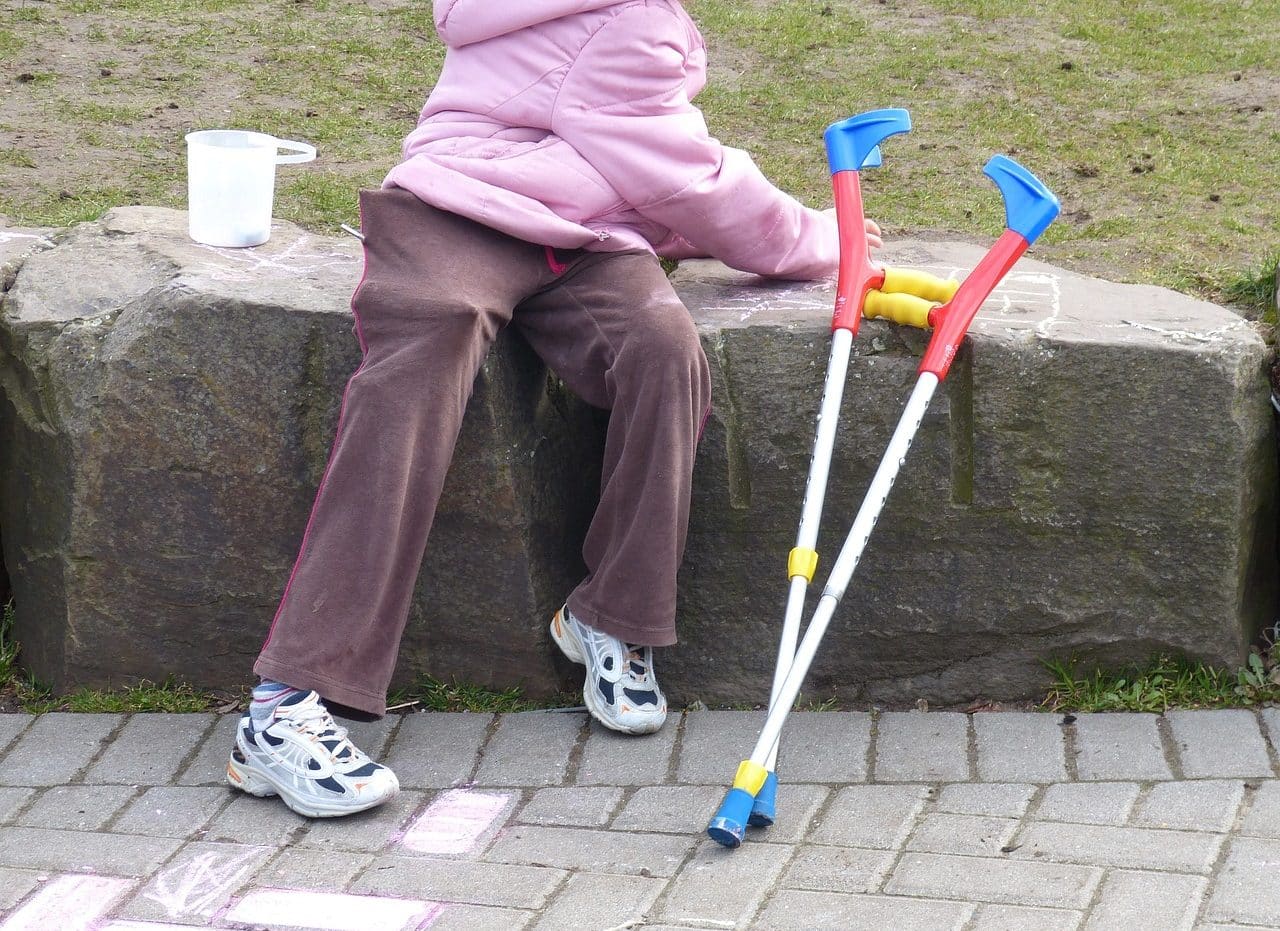
Hemiplegia involves paralysis of one side of the body.
Hemiplegia is a concept that is used in the field of medicine to name paralysis of an entire side of the body. This means that the person who suffers from hemiplegia (or hemiplegia ) will have one side of their body paralyzed .
The first step that is necessary to take in order to understand the meaning of the term is to determine its etymological origin. In this sense, we would have to highlight that it emanates from the Greek hemiplegia , which is made up of three elements:
- Hemi , meaning "half."
- Plege , which is synonymous with "blow" .
- The suffix -ia , which is used to indicate a quality or an action.
Symptoms of hemiplegia
There are many symptoms experienced by a person suffering from hemiplegia. However, among the most important we would highlight the following:
- Memory leak.
- Problems walking, maintaining balance, or seeing.
- A considerable increase in emotional sensitivity.
- Tingling and even numbness of parts of the body.
- Decreased ability to control sphincters.

A stroke can cause hemiplegia.
Classification according to type
Hemiplegia can be caused by various factors, such as a stroke , brain tumor , head trauma , encephalitis , meningitis or spinal pathology.
There are various types of hemiplegia:
- Right hemiplegia , which is caused by damage that has affected the left hemisphere of the brain and causes a notable loss of sensations on the left side of the body.
- Left hemiplegia , which is the result of injuries to the right hemisphere of the brain. In their case, it brings with it a notable difficulty in being able to pick up objects to problems in performing tasks as simple as combing one's hair or drawing.
- Other types are pure hemiplegia - which is one of the rarest - and alternating hemiplegia , which manifests itself through attacks that are preceded by a lot of fatigue, constant yawning and even moments in which the person in question sits down. really tired.
Consequences of hemiplegia
When the person suffers from a decrease in motor strength or partial paralysis on one side of the body, it is called hemiparesis or hemiparesis . Hemiparesis, therefore, is less serious than hemiplegia, since there is not immobility but weakness.
Hemiplegia not only eliminates the movement and sensitivity of part of the face, an arm and/or a leg, but it can also affect other bodily functions , such as speech, vision, hearing and even the ability to reason.
It is important to note that hemiplegia implies an inability to control certain muscles even though they are not damaged, due to the brain problem. By not moving these muscles, they become rigid and atrophy from lack of use. To avoid or minimize muscle spasticity (stiffness), the patient can perform different physical exercises indicated by their doctor or therapist.
Physiotherapy , acupuncture , and massage can be part of a hemiplegia rehabilitation treatment to strengthen muscles and make the patient feel better.
